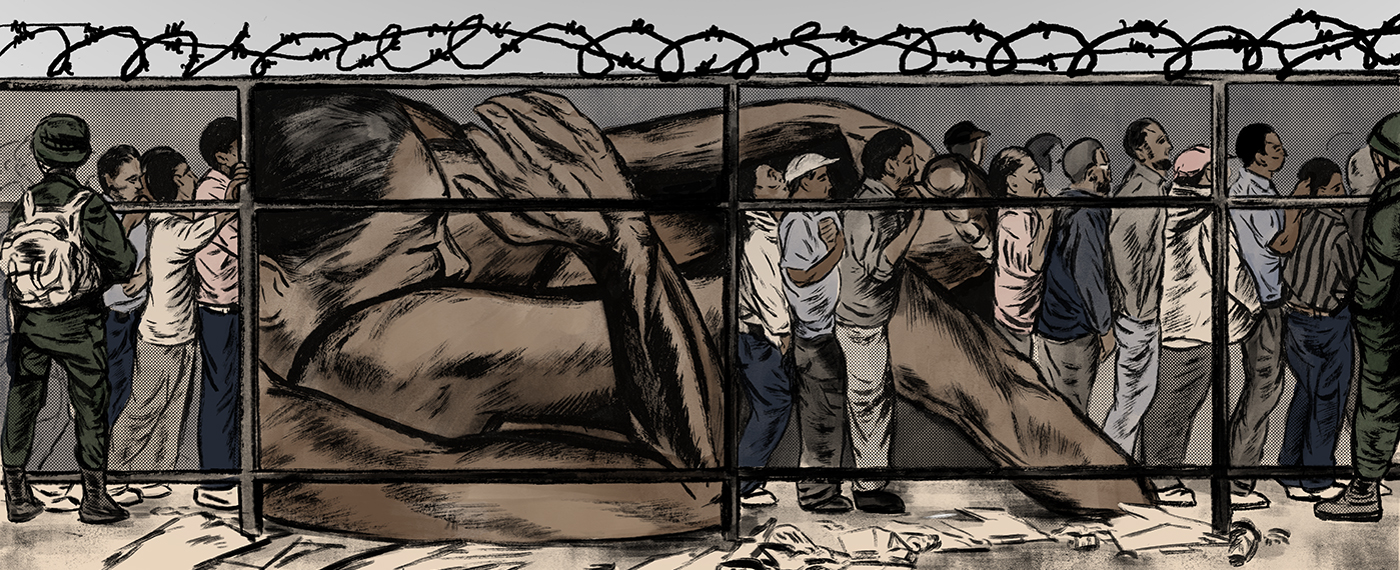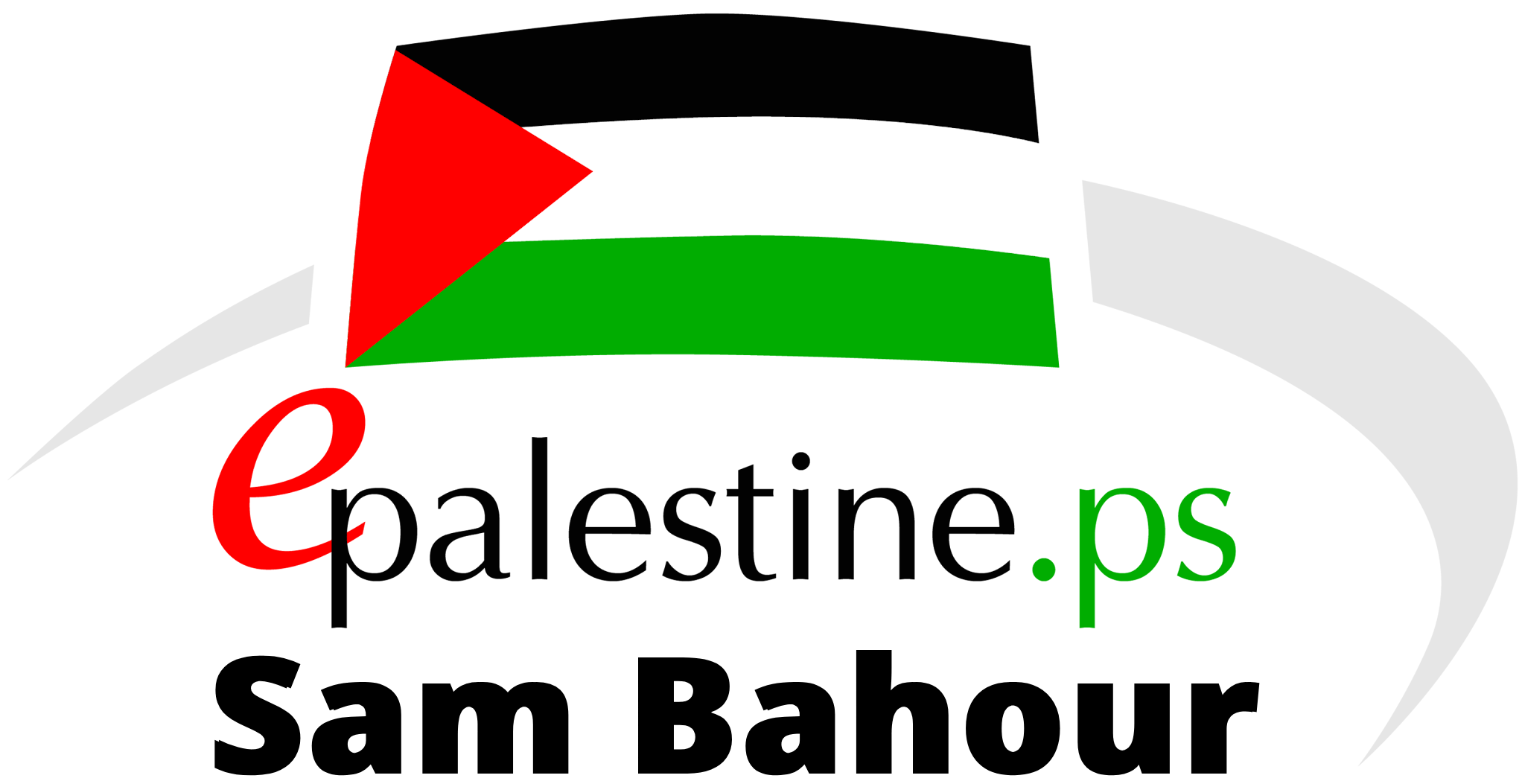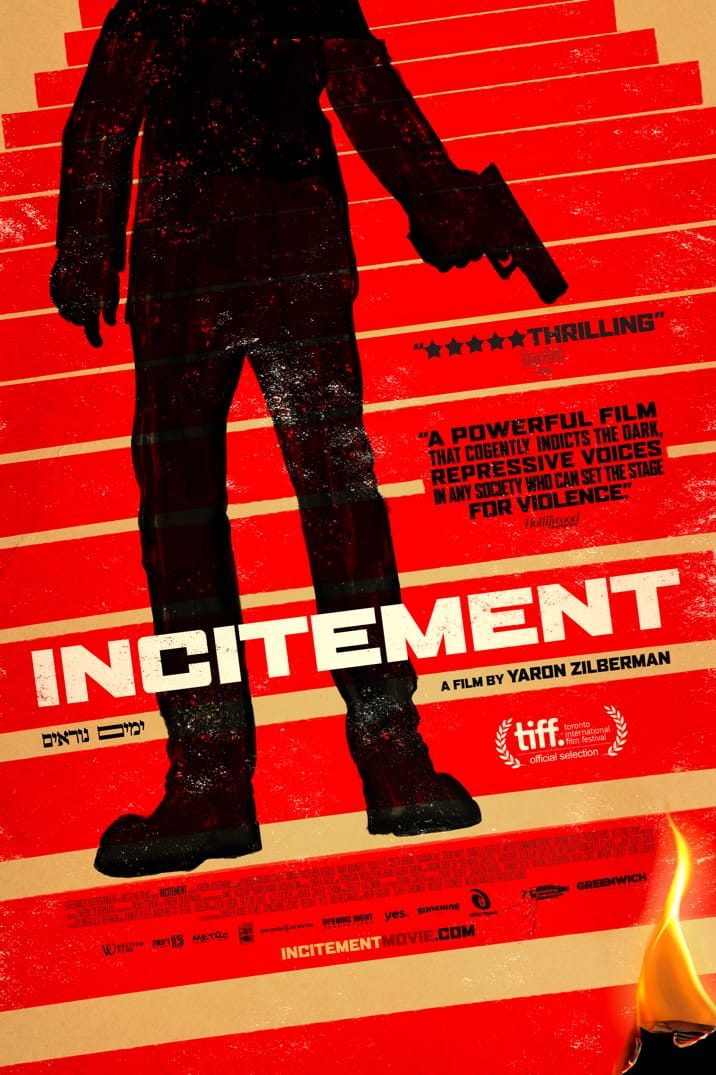11 post/s found with this tag.
![An Israeli Settler I Want to Live Beside [Book Review]](https://epalestine.ps/sambahour/wp-content/uploads/2021/01/decolonizing-israel-liberating-palestine-jeff-halper.jpg)
by Sam Bahour | January 2, 2021 | Books, Writings
The author, Jeff Halper, is a long-time friend, a thought partner, a fellow activist, and someone for who I have the utmost respect. The first two-thirds of this book (how Historic Palestine has been colonized) makes it to my top recommended readings on Palestine/Israel. The last third (how Palestine and Israel can be liberated from the horrendous outcome of this colonization process) gets filed into my growing filing cabinet of grand ideas to get all stakeholders past their pasts and engaged in building a joint future worth living between the River and the Sea.

by Sam Bahour | October 29, 2020 | Writings
![Man-made Israel [Book Review]](https://epalestine.ps/sambahour/wp-content/uploads/2020/07/TheInventionofAncientIsrael-BOOKCOVER-723681-1.jpg)
by Sam Bahour | July 31, 2020 | Books, Writings
What do you get when you mix ten decades of biblical studies, an Old Testament, the ideology of Zionism, and a tablespoon of politically motivated archaeology, all mixed in a bowl of historical evidence? Author Keith W. Whitelam undertook this recipe and reports on the results in The Invention of Ancient Israel: The Silencing of Palestinian History”. The short answer to the question is that one is left with a toxic modern state, hell-bent on crafting an umbilical cord between itself and a mythical 2000-year old past. In other words, the State of Israel.
![“God does not exist, and he promised us this land” [Book Review]](https://epalestine.ps/sambahour/wp-content/uploads/2020/04/9780745335810252822529-710357-1.jpg)
by Sam Bahour | April 8, 2020 | Books, Writings
Few countries provoke as much passion and controversy as Israel. What is Modern Israel? convincingly demonstrates that its founding ideology – Zionism – is anything but a simple reaction to antisemitism. Dispelling the notion that every Jew is a Zionist and therefore a natural advocate for the state of Israel, Yakov Rabkin points to the Protestant roots of Zionism, in order to explain the particular support Israel musters in the United States. (Publisher’s Review)
![“The Hundred Years’ War on Palestine: A History of Settler Colonialism and Resistance, 1917–2017” [Recommended]](https://epalestine.ps/sambahour/wp-content/uploads/2025/03/the-hundred-years-war-on-palestine-a-history-of-settler-colonialism-and-resistance-1917–2017-by-rashid-khalidi-1.jpg)
by Sam Bahour | January 28, 2020 | Books
In 1899, Yusuf Diya al-Khalidi, mayor of Jerusalem, alarmed by the Zionist call to create a Jewish national home in Palestine, wrote a letter aimed at Theodore Herzl: the country had an indigenous people who would not easily accept their own displacement. He warned of the perils ahead, ending his note, “in the name of God, let Palestine be left alone.” Thus Rashid Khalidi, al-Khalidi’s great-great-nephew, begins this sweeping history, the first general account of the conflict told from an explicitly Palestinian perspective.

by Michael Chabon | May 17, 2017 | Sam in the Press
“The tallest man in Ramallah offered to give us a tour of his cage. We would not even have to leave our table at Rukab’s Ice Cream, on Rukab Street; all he needed to do was reach into his pocket…” Pulitzer Prize-winning author Michael Chabon roams the West Bank with Sam Bahour. This essay was first published on Literary Hub before appearing in the writers’ compendium, “Kingdom of Olives and Ash” (2017).
![Zionism’s Invented State [Book Review]](https://epalestine.ps/sambahour/wp-content/uploads/2010/03/israeli-exceptionalism-m-shahid-alam.jpg)
by Sam Bahour | March 18, 2010 | Books, Writings
This was not the first time I have read the word “exceptionalism” in relation to Israel. New York Times columnist Roger Cohen recently wrote that Israel “lives in a perpetual state of exceptionalism.” (New York Times, Oct. 16, 2009). However, Professor Alam explored this Israeli phenomenon on a deeper level of its underlying ideology to shed light on why this abnormal state seems to be unable to come to terms with modern day realities.
![“Beyond Chutzpah: On the Misuse of Anti-Semitism and the Abuse of History” by Norman Finkelstein [Recommended]](https://epalestine.ps/sambahour/wp-content/uploads/2025/03/Beyond-Chutzpah-on-the-Misuse-of-Anti-semitism-and-the-Abuse-of-History.jpg)
by Sam Bahour | June 2, 2008 | Books
“His research is painstaking, his evidence persuasive and his conclusions devastating.”—London Review of Books. In Beyond Chutzpah, Norman Finkelstein moves from an iconoclastic interrogation of the new anti-Semitism to a meticulously researched exposé of the corruption of scholarship on the Israel–Palestine conflict, especially in the work of Alan Dershowitz. Pointing to a consensus among historians and human rights organizations on the factual record, Finkelstein argues that so much controversy continues to swirl around the conflict because apologists for Israel contrive it. (Publisher’s description) “A very solid, important and highly informative book. Norman Finkelstein provides extensive details and analysis, with considerable historical depth and expert research, of a very wide range of issues concerning Israel, the Palestinians, and the United States.”—Noam Chomsky
![“The Palestinian People: A History” by Baruch Kimmerling and Joel S. Migdal [Recommended]](https://epalestine.ps/sambahour/wp-content/uploads/2025/03/palestinian-people-a-history-baruch-kimmerling-joel-migdal.jpg)
by Sam Bahour | March 27, 2003 | Books
“This remarkable book recounts how the Palestinians came to be constituted as a people. The authors offer perceptive observations on the status of Palestinian citizens of Israel, the successes and failures of the Oslo process, and the prospects for both Palestinians and Israelis of achieving a peaceful future together. A dispassionate and balanced analysis that provides essential background for understanding the complexities of the Middle East.”—Rashid Khalidi, University of Chicago
![“Palestinian Identity: The Construction of Modern National Consciousness” by Rashid Khalidi [Recommended]](https://epalestine.ps/sambahour/wp-content/uploads/2020/07/PalestinianIdentity.jpg)
by Sam Bahour | March 29, 1997 | Books
This foundational text now features a new introduction by Rashid Khalidi reflecting on the significance of his work over the past decade and its relationship to the struggle for Palestinian nationhood. Khalidi also casts an eye to the future, noting the strength of Palestinian identity and social solidarity yet wondering whether current trends will lead to Palestinian statehood and independence. (Publisher’s description)
![“The Birth of Israel: Myths and Realities” by Simha Flapan [Recommended]](https://epalestine.ps/sambahour/wp-content/uploads/2025/03/The-Birth-of-Israel-Myths-and-Realities-by-Simha-Flapan.jpg)
by Sam Bahour | August 12, 1987 | Books
Drawing on recently declassified material, from Ben-Gurion’s war diaries to the minutes of secret meetings, the author reconstructs the real events surrounding the founding of Israel, exposing many of the historical beliefs as propaganda myths that have misguided Israeli policy to this day. (Publisher’s description)
![An Israeli Settler I Want to Live Beside [Book Review]](https://epalestine.ps/sambahour/wp-content/uploads/2021/01/decolonizing-israel-liberating-palestine-jeff-halper.jpg)


![Man-made Israel [Book Review]](https://epalestine.ps/sambahour/wp-content/uploads/2020/07/TheInventionofAncientIsrael-BOOKCOVER-723681-1.jpg)
![“God does not exist, and he promised us this land” [Book Review]](https://epalestine.ps/sambahour/wp-content/uploads/2020/04/9780745335810252822529-710357-1.jpg)
![“The Hundred Years’ War on Palestine: A History of Settler Colonialism and Resistance, 1917–2017” [Recommended]](https://epalestine.ps/sambahour/wp-content/uploads/2025/03/the-hundred-years-war-on-palestine-a-history-of-settler-colonialism-and-resistance-1917–2017-by-rashid-khalidi-1.jpg)

![Zionism’s Invented State [Book Review]](https://epalestine.ps/sambahour/wp-content/uploads/2010/03/israeli-exceptionalism-m-shahid-alam.jpg)
![“Beyond Chutzpah: On the Misuse of Anti-Semitism and the Abuse of History” by Norman Finkelstein [Recommended]](https://epalestine.ps/sambahour/wp-content/uploads/2025/03/Beyond-Chutzpah-on-the-Misuse-of-Anti-semitism-and-the-Abuse-of-History.jpg)
![“The Palestinian People: A History” by Baruch Kimmerling and Joel S. Migdal [Recommended]](https://epalestine.ps/sambahour/wp-content/uploads/2025/03/palestinian-people-a-history-baruch-kimmerling-joel-migdal.jpg)
![“Palestinian Identity: The Construction of Modern National Consciousness” by Rashid Khalidi [Recommended]](https://epalestine.ps/sambahour/wp-content/uploads/2020/07/PalestinianIdentity.jpg)
![“The Birth of Israel: Myths and Realities” by Simha Flapan [Recommended]](https://epalestine.ps/sambahour/wp-content/uploads/2025/03/The-Birth-of-Israel-Myths-and-Realities-by-Simha-Flapan.jpg)

!["The Origin of the Palestine-Israel Conflict" paper [Recommended]](https://epalestine.ps/sambahour/wp-content/uploads/2025/03/The-Origin-of-the-Palestine-Israel-Conflict.png)